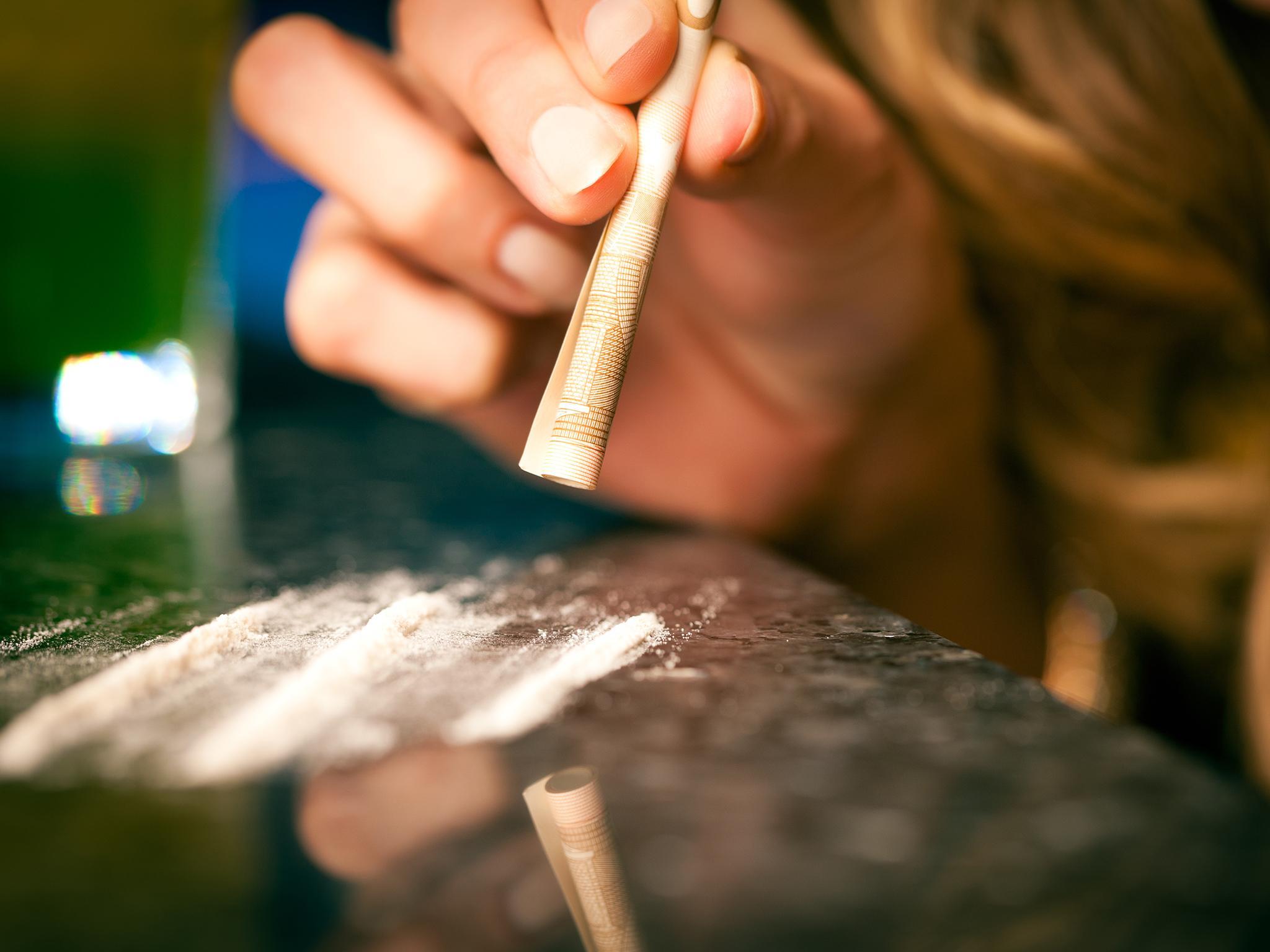Drug abuse changes the way women experience sex, study finds
One woman said that she felt 'terrified' by sex following drug abuse

Your support helps us to tell the story
From reproductive rights to climate change to Big Tech, The Independent is on the ground when the story is developing. Whether it's investigating the financials of Elon Musk's pro-Trump PAC or producing our latest documentary, 'The A Word', which shines a light on the American women fighting for reproductive rights, we know how important it is to parse out the facts from the messaging.
At such a critical moment in US history, we need reporters on the ground. Your donation allows us to keep sending journalists to speak to both sides of the story.
The Independent is trusted by Americans across the entire political spectrum. And unlike many other quality news outlets, we choose not to lock Americans out of our reporting and analysis with paywalls. We believe quality journalism should be available to everyone, paid for by those who can afford it.
Your support makes all the difference.A study has given a fresh insight into the little-understood sexual experiences of women recovering from drug abuse.
The majority of the heterosexual women who took part in the study used amphetamines – such as speed and meth – during sex. They reported that the drugs boosted their self-esteem, made them feel less inhibited, and heightened sexual agency.
But researchers at the University of Gothenburg in Sweden also discovered that over time, drug use changed from an “adventurous” way to broaden their sexual repertoire to “repetitive, diminishing and mechanical.”
In extreme cases, for instance among those forced into sex work, women reported struggling with the idea of having sex with after quitting drugs.
In addition, the women who stopped using drugs felt ashamed about their past sexual experiences, felt unsure of how to perform sex, and became concerned about the expectations of their partner. This in turn affected their self-esteem.
One woman said that she felt “terrified” and “damaged” when it came to sex.
Others chose to pursue partners that were more “conventional” but were ultimately unsatisfied. Striking up a relationship with a man who was also recovering from addiction and abstaining from sex was another tactic.
To make their findings in the small study, researchers interviewed 16 heterosexual women aged between 25 to 55 who reported a history of heroin or amphetamines between three to 35 years.
Anette Skårner a professor of social work at University of Gothenburg, Sweden, and lead author on the study told Broadly she hopes the research will help build knowledge around sexuality and drug taking without stigmatising the users.
The study comes amid concerns about the so-called chemsex scene among gay men, which is similarly poorly understood.
In 2015, the British Medical Journal released a warning that chemsex parties were causing a spike in HIV rates.
These events involve taking disinhibiting drugs, such as methamphetamine, mephedrone and GHB/GBL, and having sex with multiple partners.
David Stuart of the 56 Dean Street sexual health clinic in London, recently told The Independent: "The data tells us that chemsex is a significant factor in HIV transmission, and that in this, the fourth decade of HIV, we still have to be vigilant about the sexual and emotional needs of our communities most vulnerable to HIV."
Join our commenting forum
Join thought-provoking conversations, follow other Independent readers and see their replies
Comments